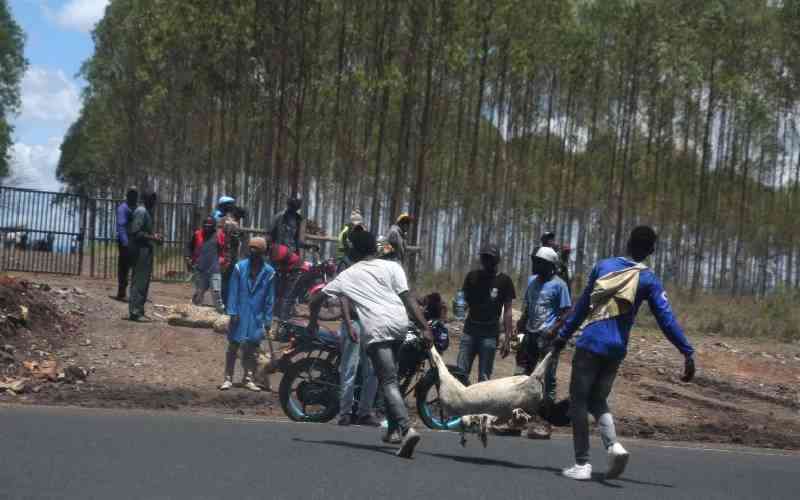×
The Standard e-Paper
Stay Informed, Even Offline

The struggle for independence was a fight to repossess land. In sixty years of home rule, however, the best of that land has been possessed by successive ruling elites.
More than a million acres are in the hands of families of former presidents and probably even more occupied by their cronies and henchmen who preserved their power bases. Every effort at land justice and redistribution has been thwarted over the years.